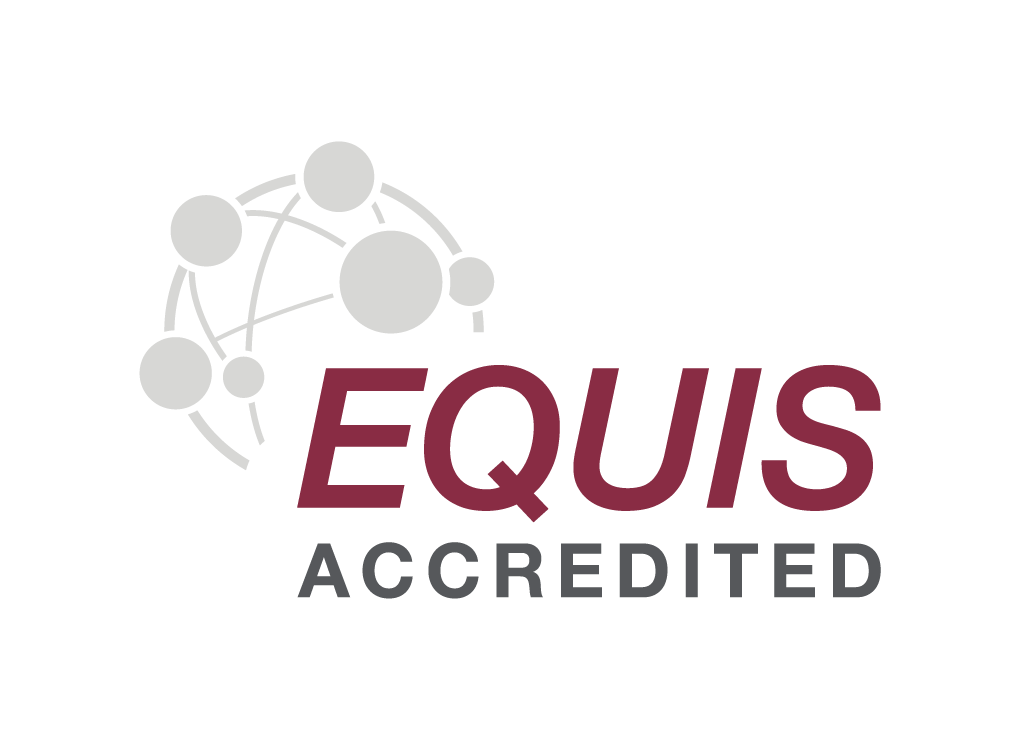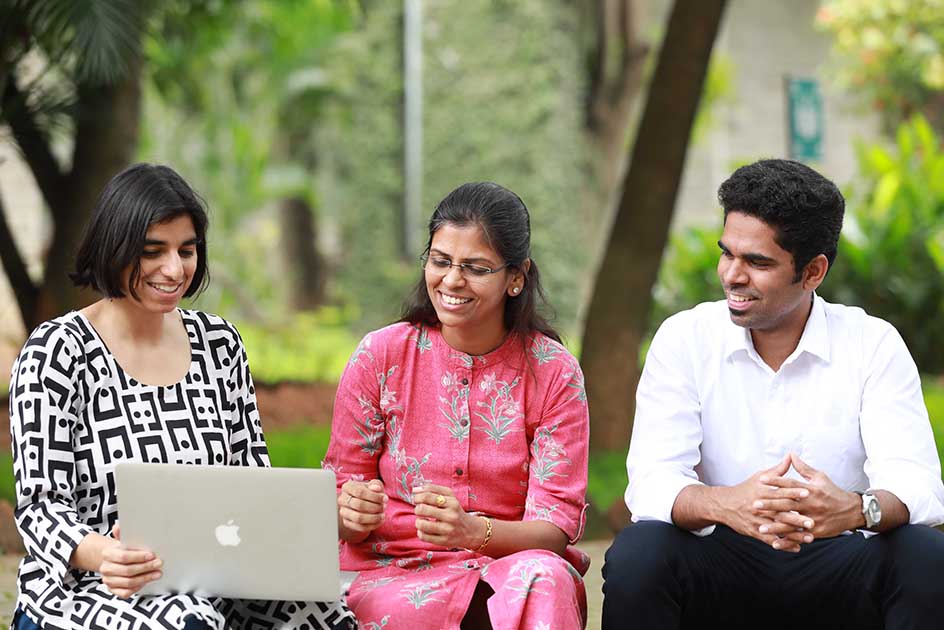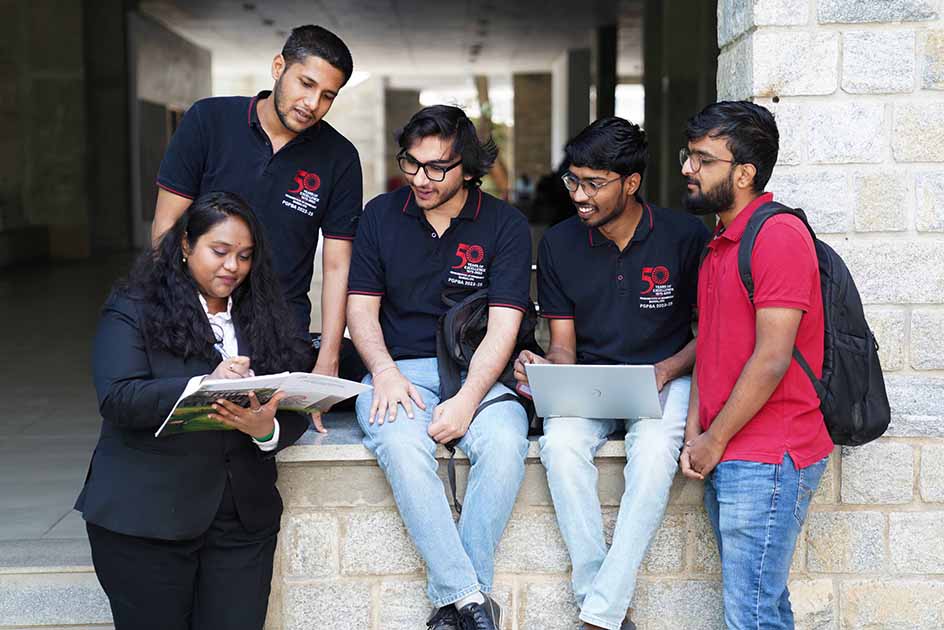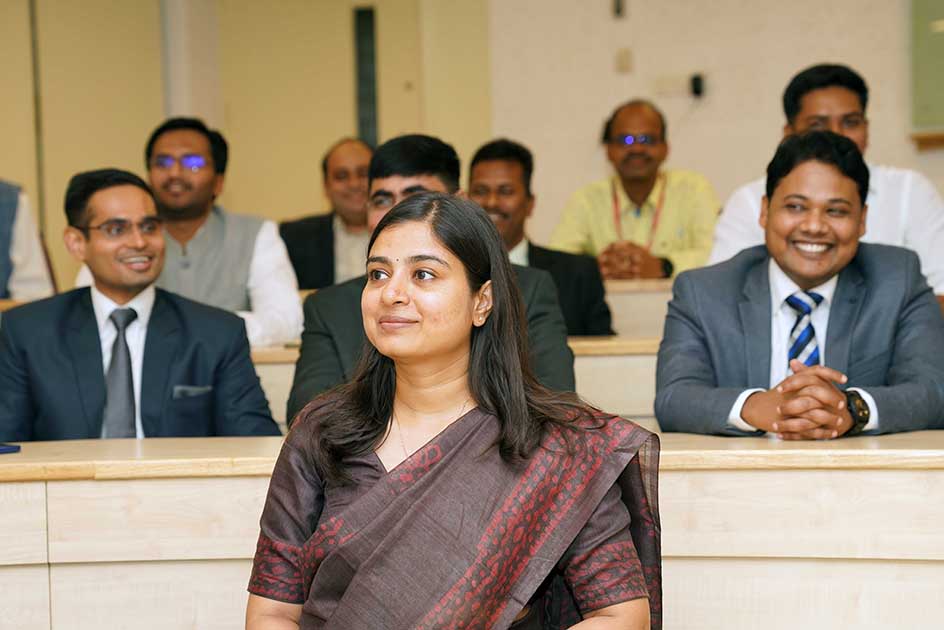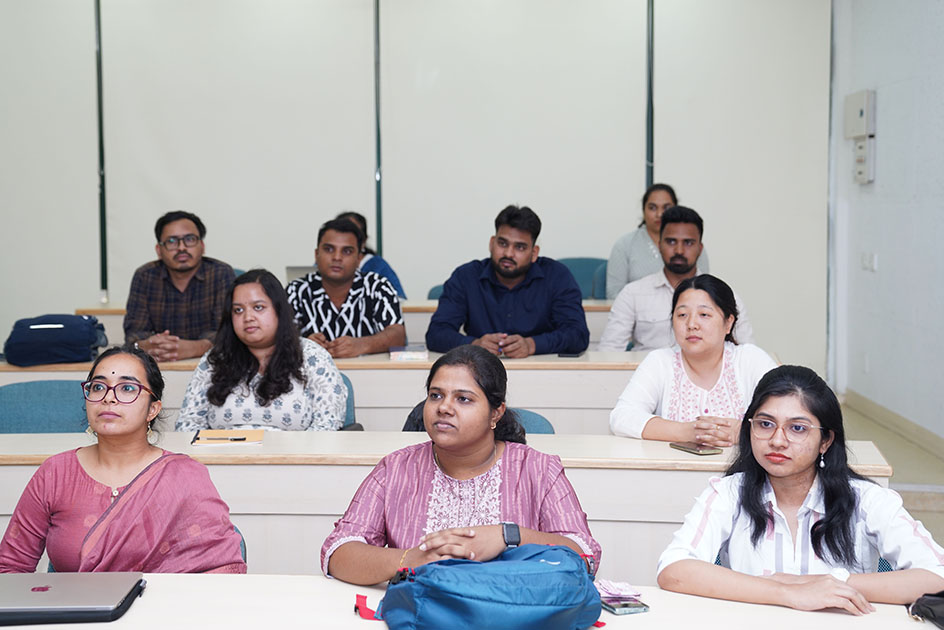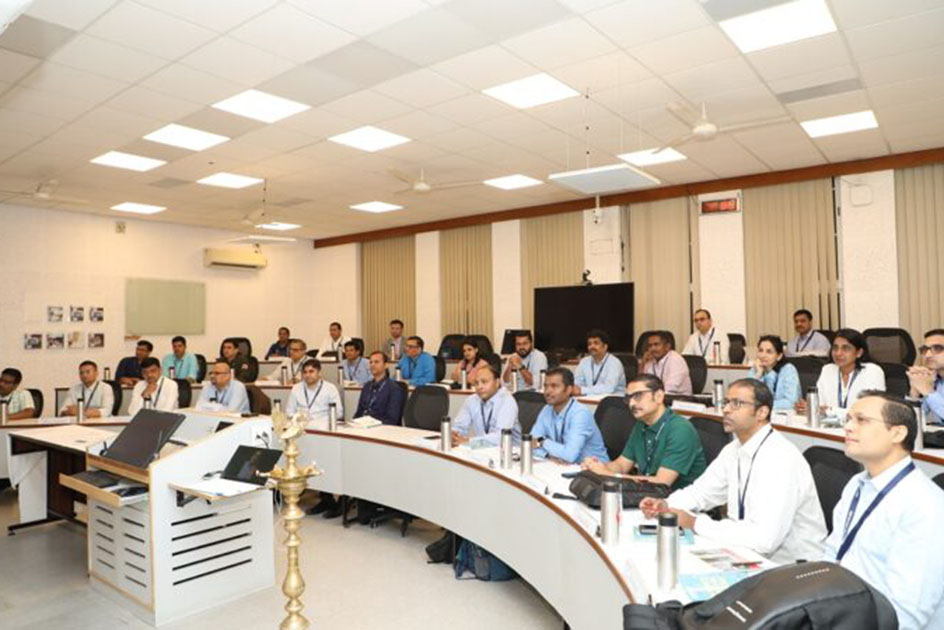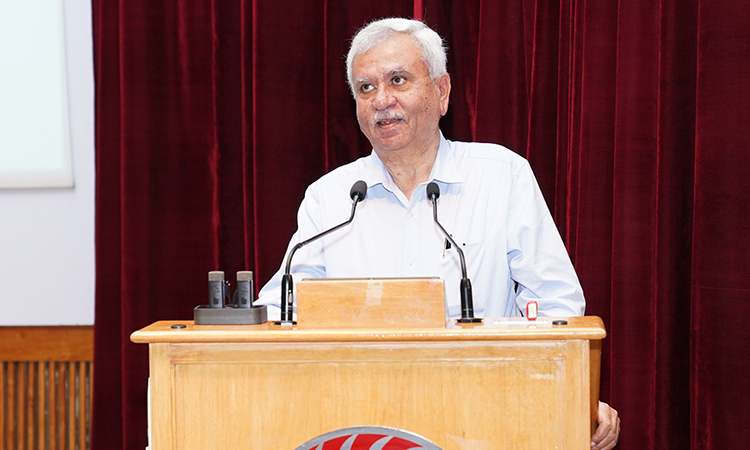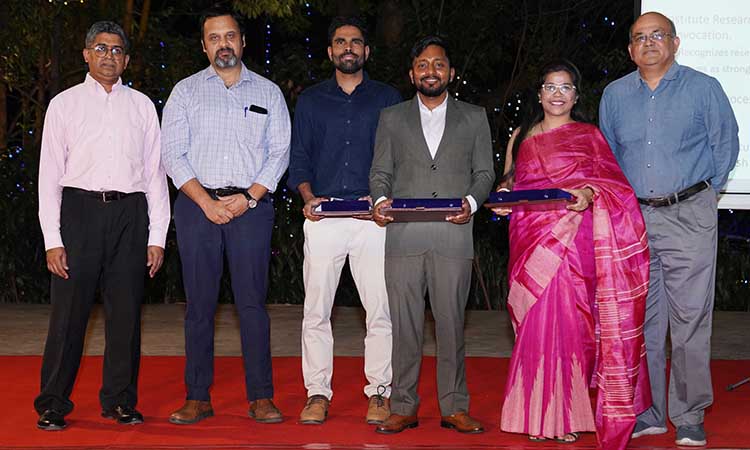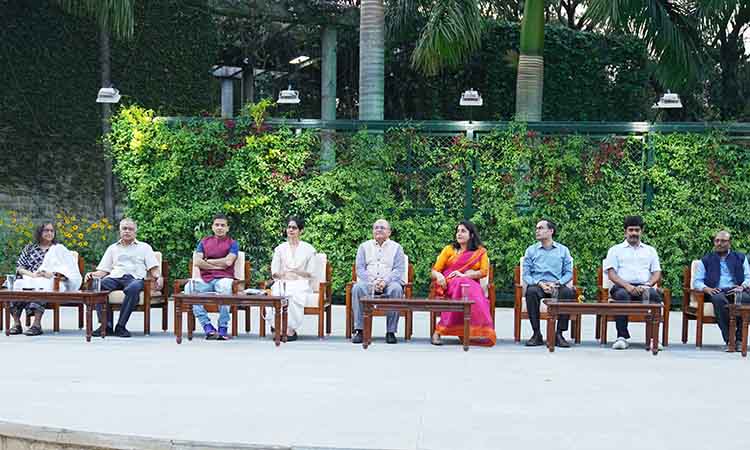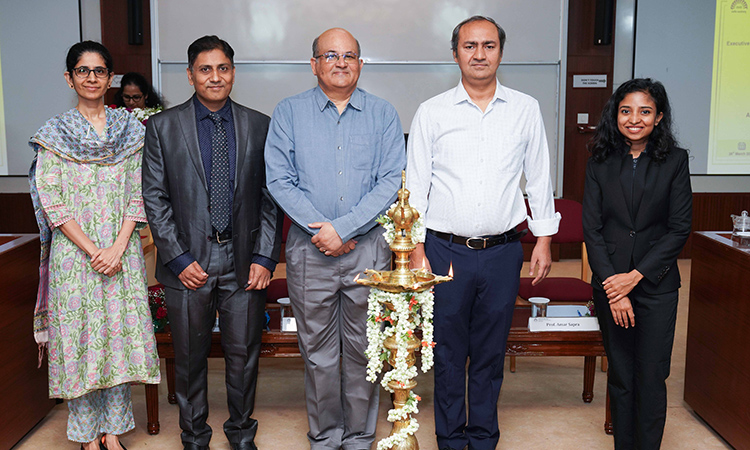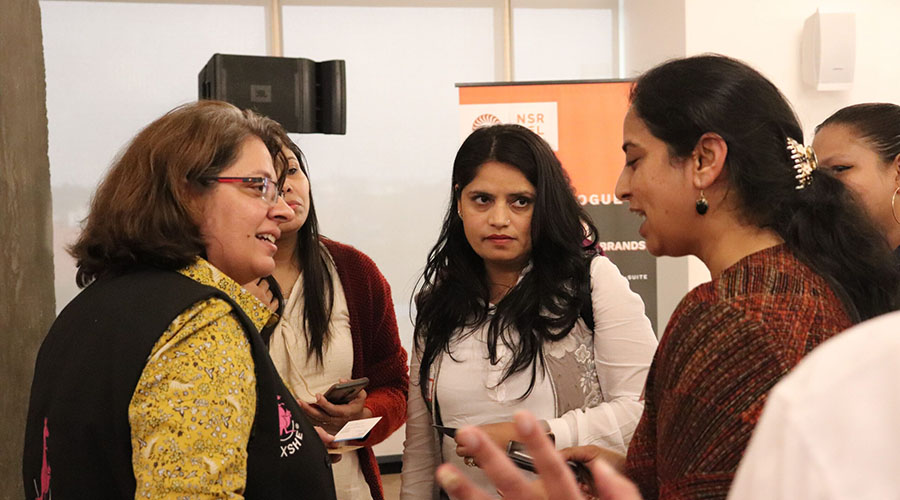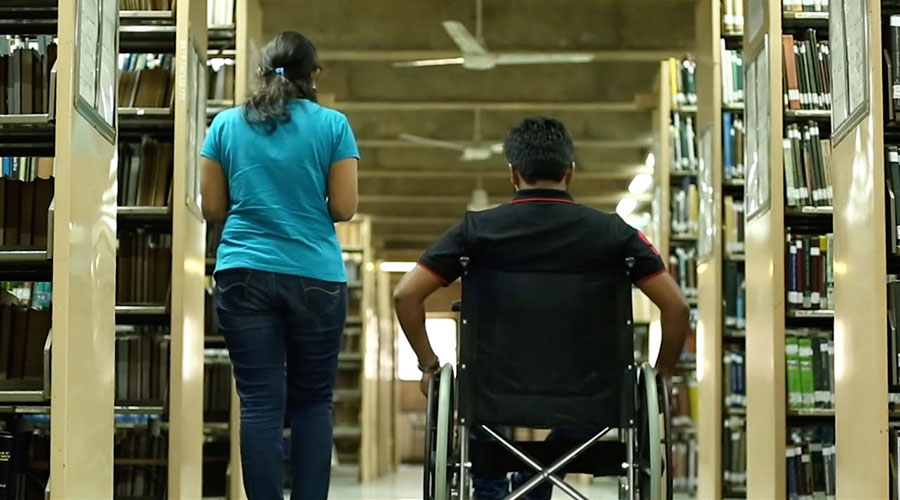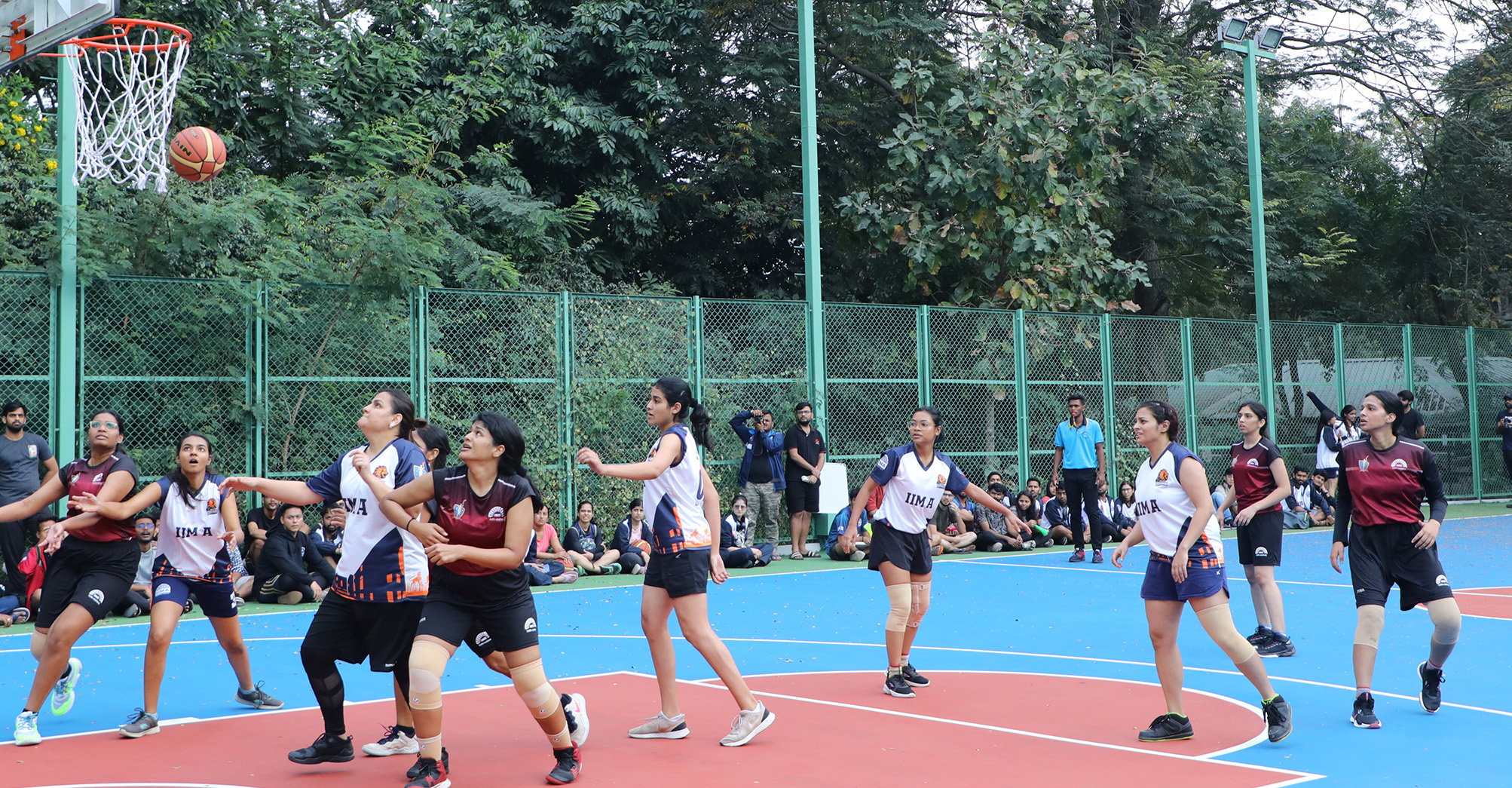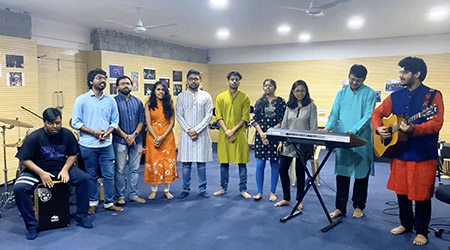Indian Institute of Management Bangalore
Explore our Programmes
View all programmesSince the years of its existence, IIMB has developed a portfolio of vibrant programmes.
We train individuals who will excel in their area of research through publication of high-quality work of international standard.
MBA from IIMs is considered one of the best choices for working professionals who want to improve their knowledge and education level by pursuing a Management degree
Catalyzed by the Government of India and United Nations Development Programme, the PGPPM is packed with path-breaking insights about winning policy making and management strategies.
Since the years of its existence, IIMB has developed a portfolio of vibrant programmes.
MBA from IIMs is considered one of the best choices for working professionals who want to improve their knowledge and education level by pursuing a Management degree
Executive education refers to academic programs specialized for working professionals.


